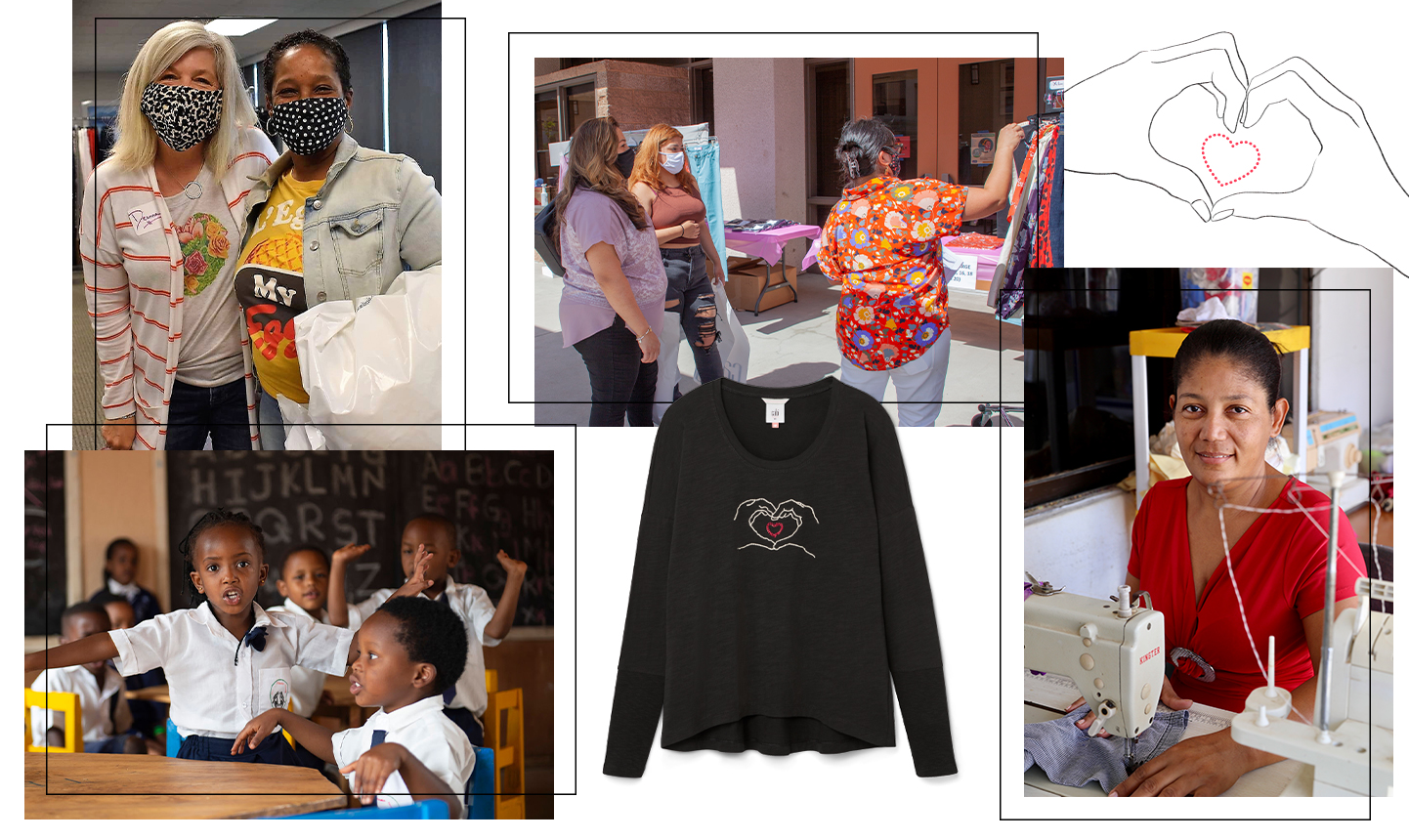Remember the analogy of the frog that slowly boiled in the pot? It’s happening. Over the last 30 years our levels of empathy have been eroding gradually, and it can take stark events—or even tragic ones, as we’ve sadly seen in America in recent weeks—to learn that we’ve experienced a woeful departure from being a culture that can understand, identify with, and care for one another.
Although much has contributed to this, and the human experience is complicated, I do see a prominent influence on this decline, and it is the shift in our means of communication. By going electronic, we’ve lost more than we’ve gained. More and more studies indicate this, but more personally, I feel it. I catch myself texting or emailing rather than speaking, taking the communication route that feels quick and efficient. And then I feel distant … or perhaps less concerned and less gracious, or quicker to make assumptions. Or even more eager to criticize.
It seems we opt for efficiency above all else, and are even drawn in by the power that electronic communication falsely gives us. We have no qualms about leaving a scathing online review for an establishment’s service, when we would never consider saying those same words to someone’s face. The more distant and faceless others seem, the less we are able to access the understanding we need to truly care for each another. We think there is something magical about technology that keeps us more connected more efficiently, but it turns out our reliance on rapidly-sent, staccato thoughts makes us less thoughtful, less careful with our words, and less able to consider another’s perspective.
Researcher Sara Konrath found a sharp empathy drop around the year 2000 in two areas of empathy—cognitive and emotional—which are our abilities to consider others’ feelings and respond to others’ pain. It appears that in our constant “connectedness,” we have lost the ability to authentically connect. And it is authentic connectedness that cultivates empathy
Connectedness and relationships take time and energy—and physical presence. There are no short cuts. If we are truly Women “On Purpose”, we must elect to be more intentional in this area of our lives. We must remove the divides. We must choose to recognize that technology is great for sending stats, but awful for understanding the nuances of a situation that needs human touch. We must put efficiency in its proper place and elevate the people around us by honoring their humanness. This is done by spending time together—without the interference of technology.
No matter what your purpose in life is, reaching out to and caring about others is a critical part of seeing that purpose realized. Only then can a community of trust be established, and through trust we can work collaboratively and flourish, and when we flourish, we can be the best versions of ourselves. We need each other—not only for our own sake and the sake of those we love, but for the greater culture we are contributing to. I know I want to live in a world infused with true compassion, grace, and human understanding—enough to set down my devices and forgo efficiency in exchange for intimate conversations.
What would you be willing to do, or teach your children to do, to create more authentic connection, community, and make choices that put the development of relationships before efficiency?





